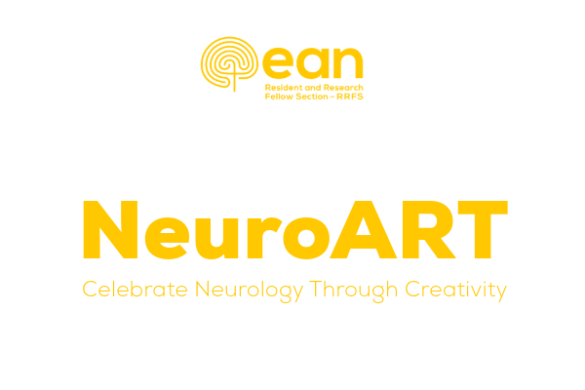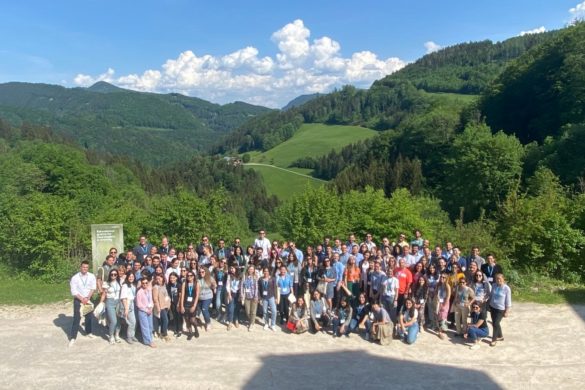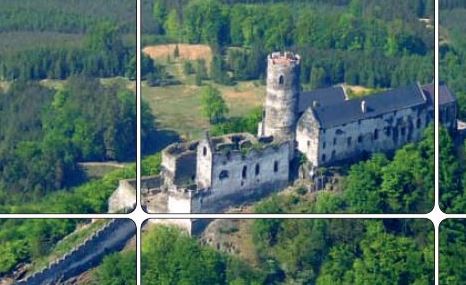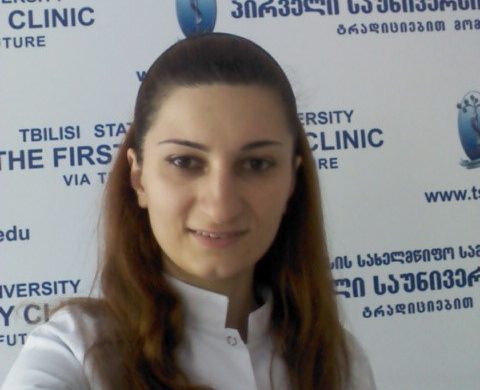For the sixth consecutive year, we hosted a successful EAN Autumn School, offering three enriching days of neurological education in the beautiful surroundings of Loutraki, Greece on October 24-28. The EAN was delighted to welcome 62 participants from 23 countries – Albania, Armenia, Egypt, Finland, France, Georgia, Germany, Greece, Italy, Kenya, Kosovo, Lithuania, Moldova, Montenegro, North Macedonia, Portugal, Romania, Russia, Spain, Tunisia, Turkey, UK, and Ukraine – to Loutraki, formerly known for its’ natural thermal springs, about 80 kilometres west of Athens.
We would like to express our thanks to the fantastic faculty, coming from Germany, Greece, Italy, Portugal and Switzerland.
The programme for 2024 covered the following symptoms:
Day 1 – Vertigo and dizziness
Day 2 – Sensory disturbances
Day 3 – Symptoms of sleep-wake and circadian rhythm disorders
On the first day, João Lemos (Coimbra, Portugal) started the school lectures with his presentation ‘Introduction to vertigo and dizziness’; Louisa Lehner (Munich, Germany) talked about ‘Vertigo and dizziness of peripheral origin’ and Evangelos Anagnostou (Athens, Greece) covered ‘Vertigo and dizziness of central origin‘.
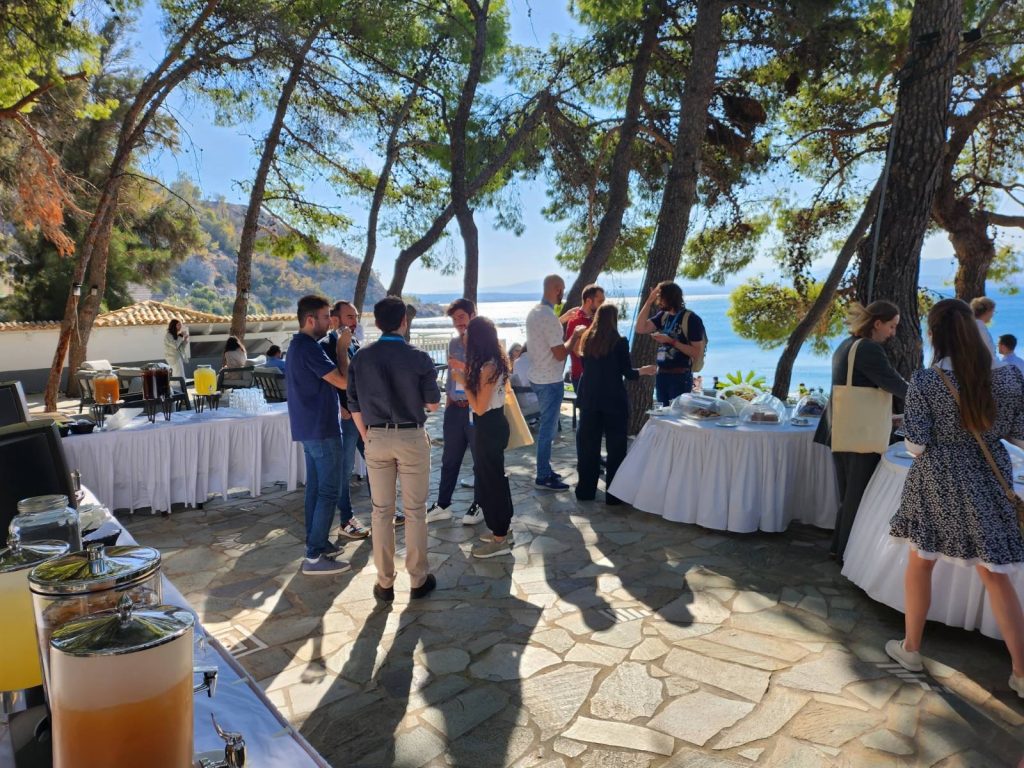
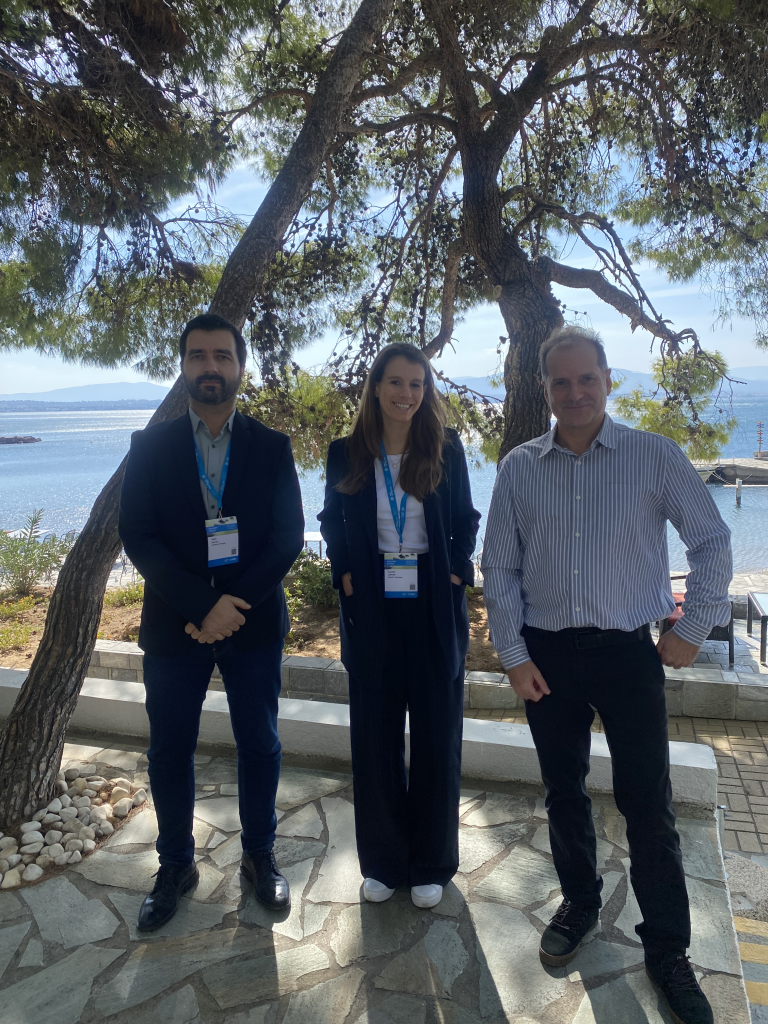
The afternoon workshops gave the participants the opportunity to discuss ‘Common scenarios in vertigo patients’ and learn about ‘Clinical examination of the vestibular system’. Another session was ‘Tips and Tricks for History-Taking and Clinical Examination of Dizzy Patients’, which was shown with the help of a visiting patient.
After the lectures were finished, the whole group took a boat ride through the canal of Corinth, an amazing 6.4km long and only 21.3m wide waterway, carrying ship traffic between the western Mediterranean Sea and the Aegean Sea, cutting through the Isthmus of Corinth that connects the Peloponnesian peninsula to the Greek mainland, thus effectively making the former an island. The boat ride was followed by a relaxed evening with a traditional Greek dinner, music, and folk dance.
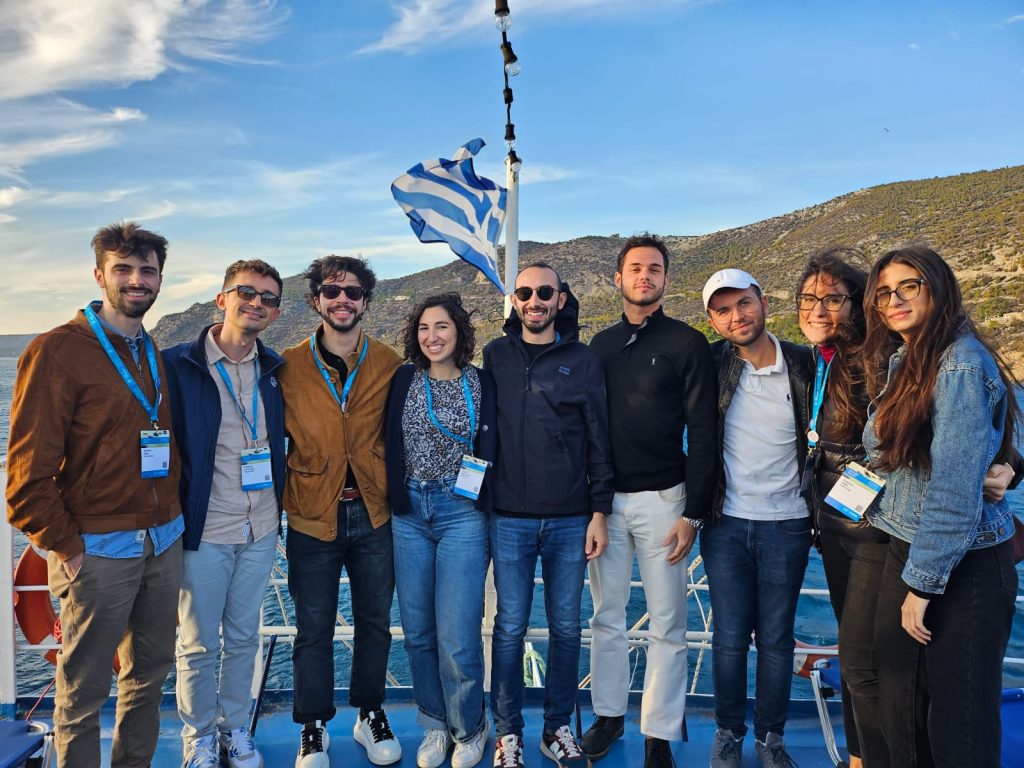
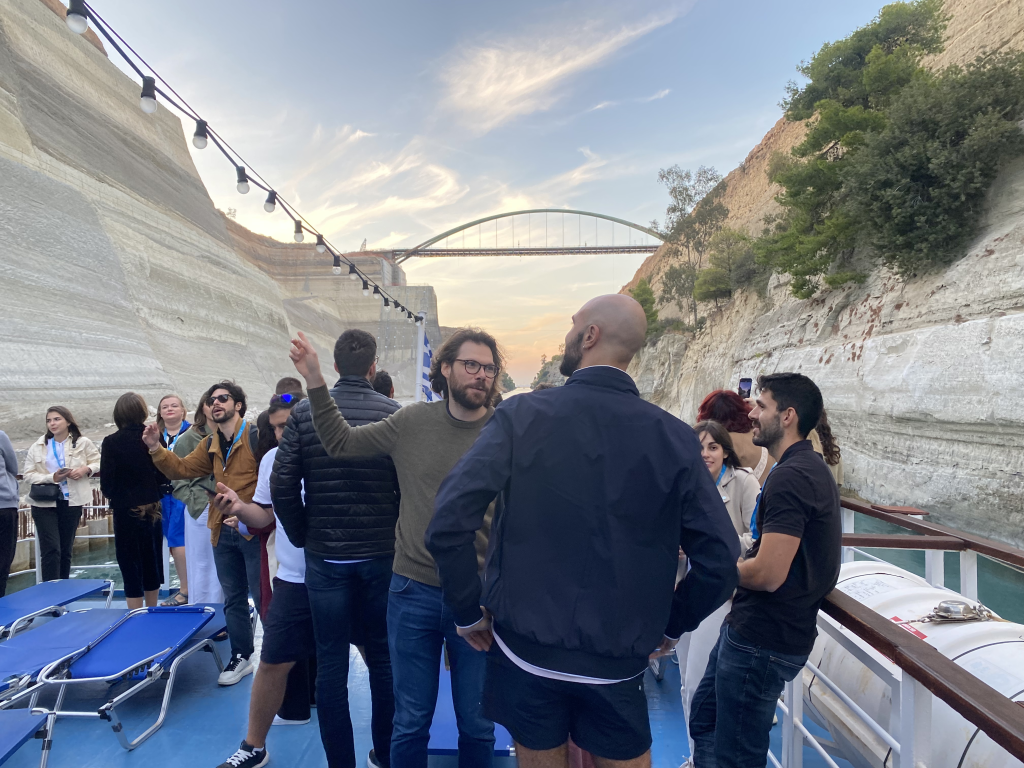
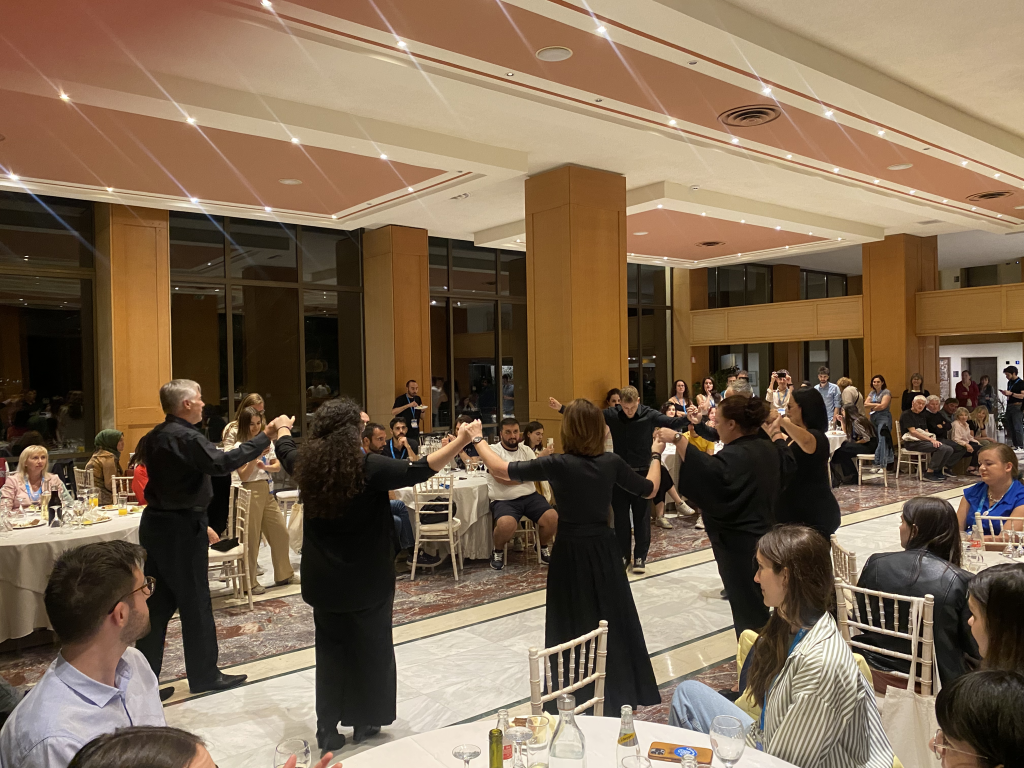
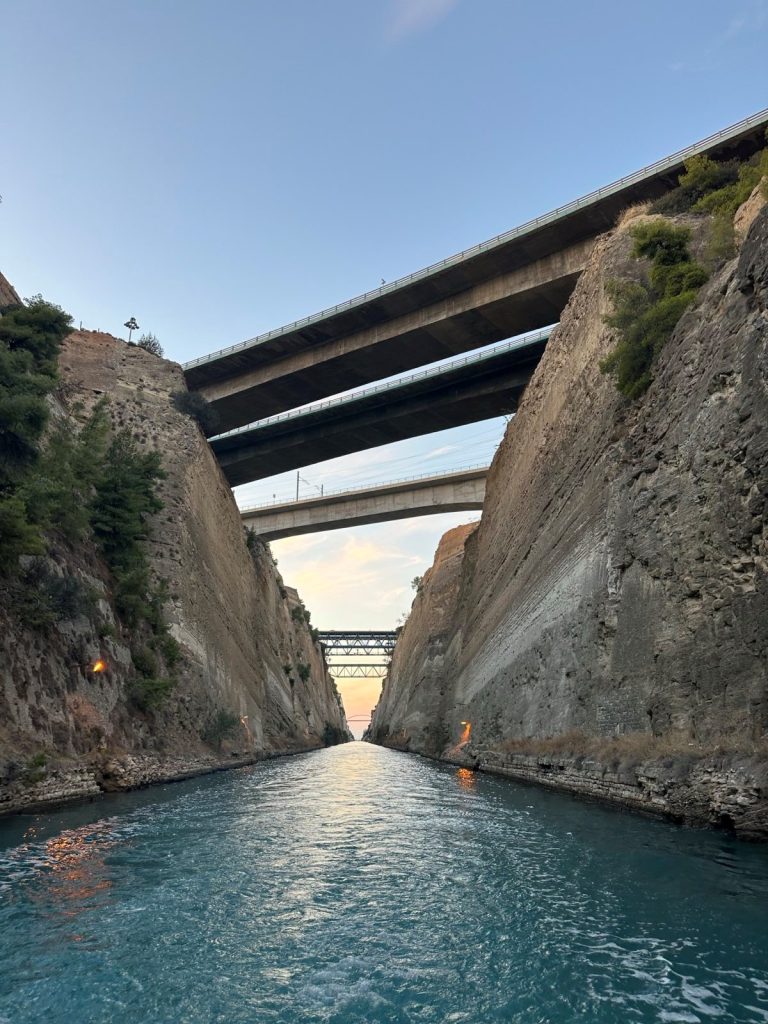
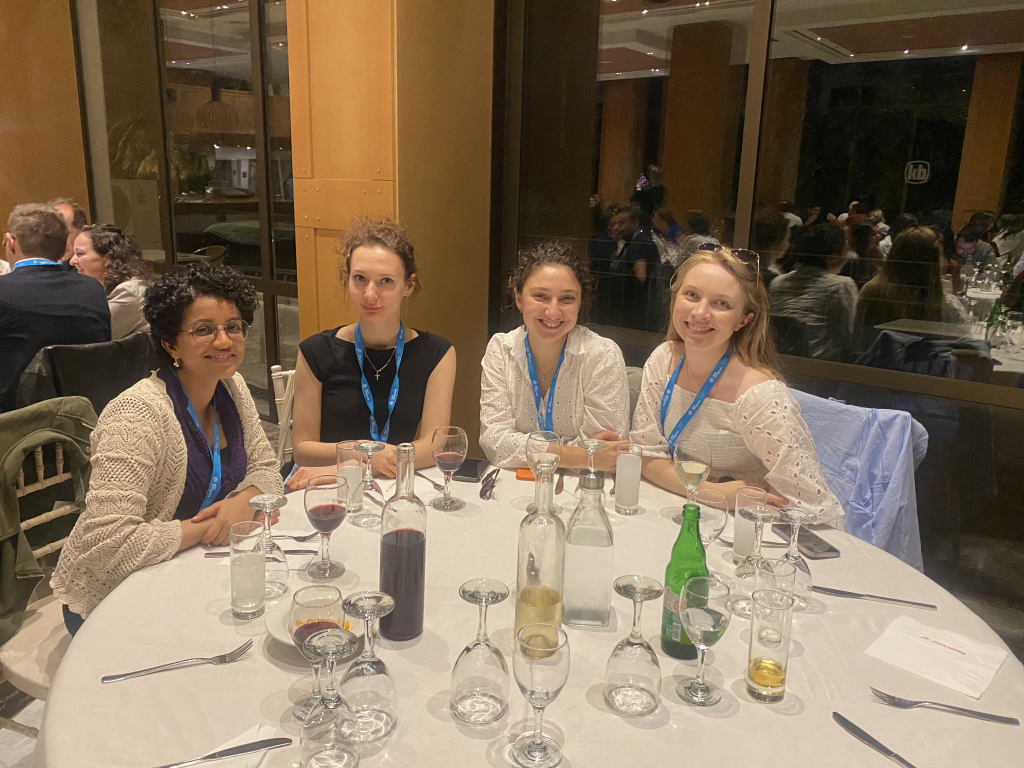
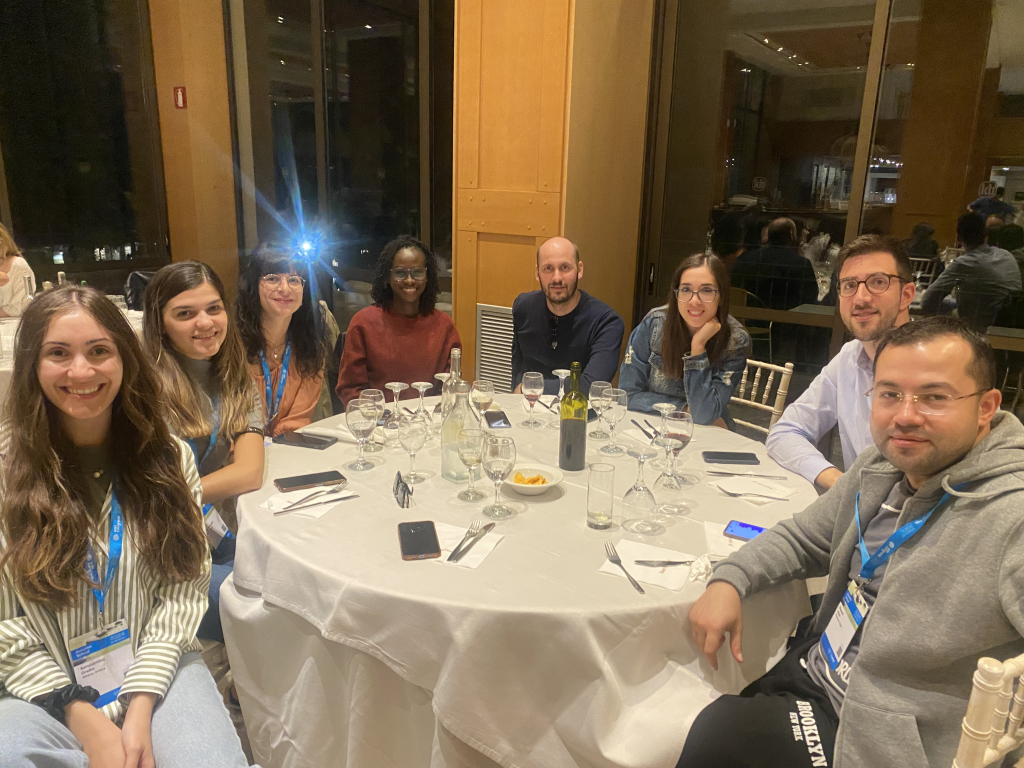
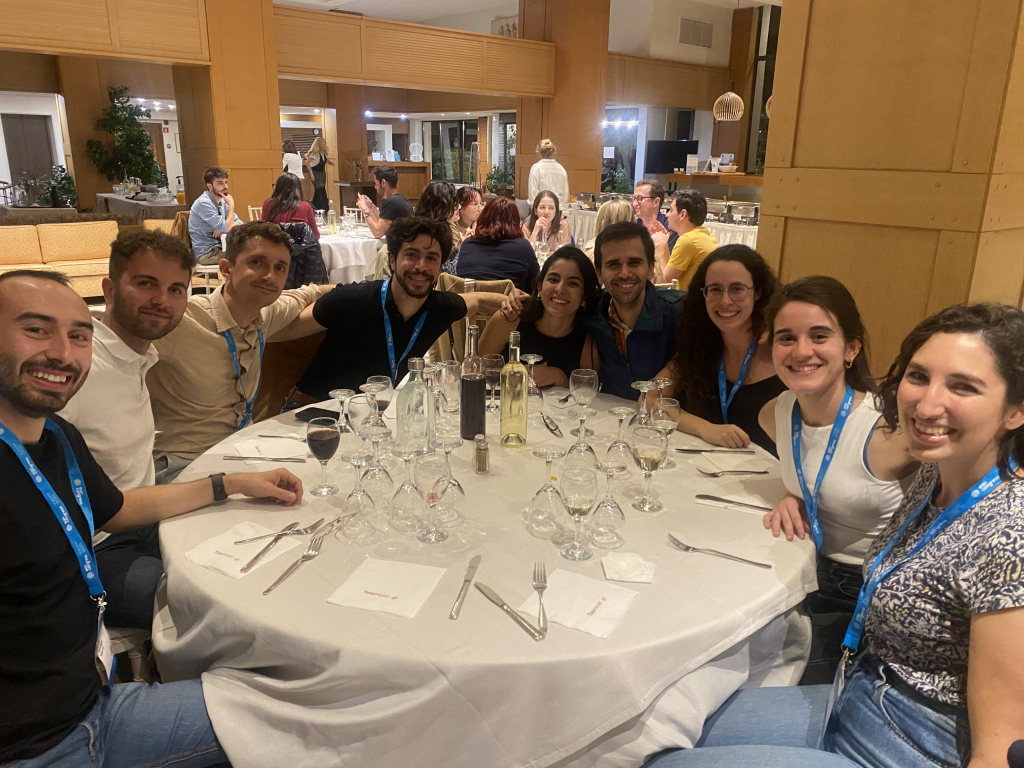
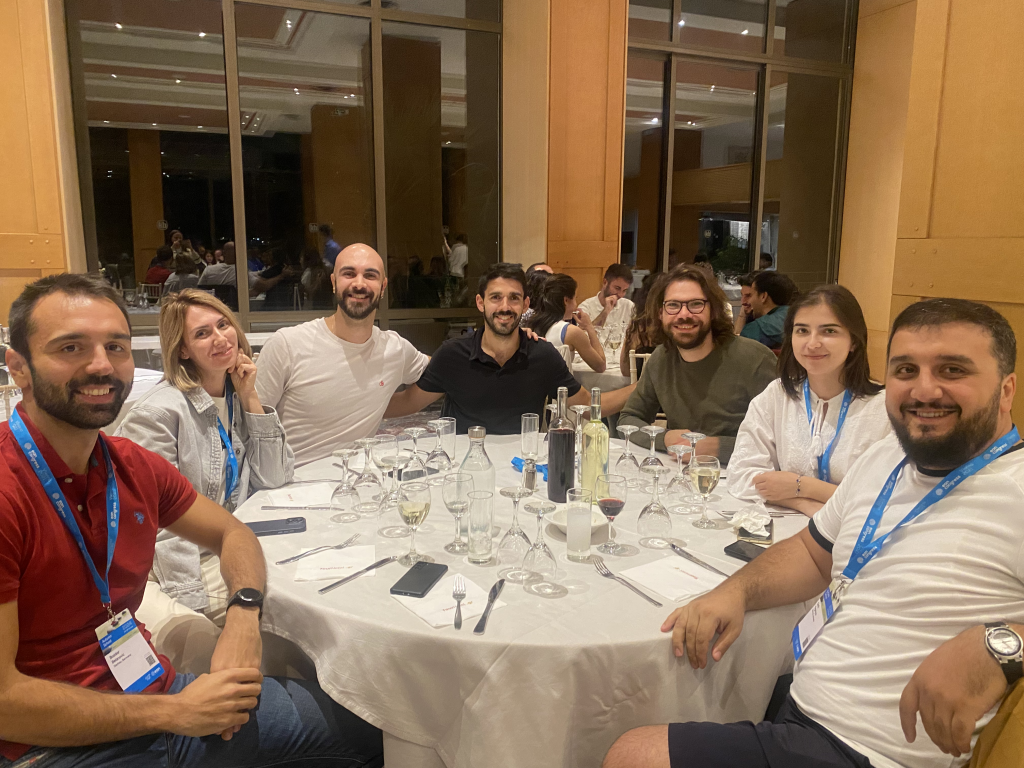
On day two the speakers addressed different aspects of sensory disturbances: Claudia Sommer (Würzburg, Germany) held the presentation ‘How to examine the sensory system’, Andrea Cortese (Pavia, Italy) focused on ‘Sensory loss/sensory ataxia’ and Maria Georgala (Athens, Greece) informed participants about ‘Positive symptoms’.
During the afternoon workshops, the participants discussed the most interesting cases in the clinical experience of the faculty: ‘Practicing of sensory testing’, ‘Genetic testing in patients with sensory neuropathy’ and, finally, ‘Electroneuro/myographic findings in sensory symptoms’.
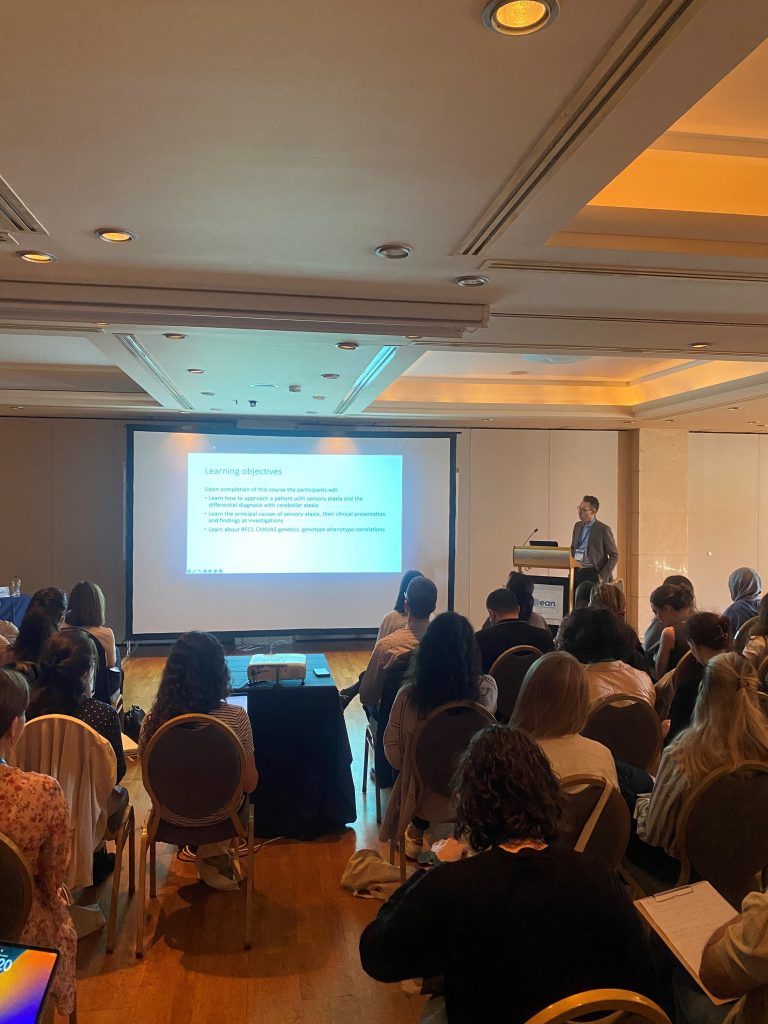
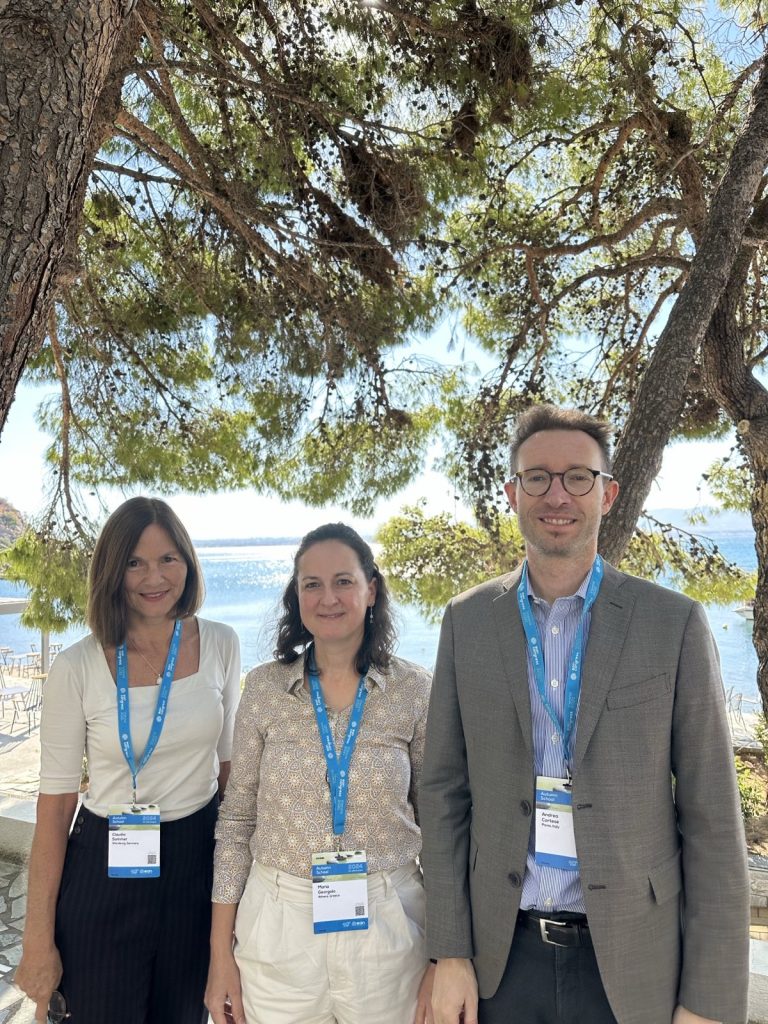
In the evening, a Scientific Dinner took place, which kicked off with a presentation by Konstantinos Melanis (Athens, Greece), informing all participants about the possibilities for junior neurologists as EAN Resident and Research Fellow Section (RRFS) members and the opportunities in education, research and career development.
While enjoying a typical family style dinner, the participants were given the chance to participate in a fun and educational quiz, testing their knowledge of neurology, Greece, and the EAN.
On the third and last day, symptoms of sleep-wake and circadian rhythm disorders
were covered by the faculty. Elissaios Karageorgiou (Athens, Greece) started with a lecture on ‘Insomnia’; Markus Schmidt (Bern, Switzerland) presented ‘Hypersomnia’; and Christian Cajochen (Basel, Switzerland) talked about ‘Circadian misalignment’.
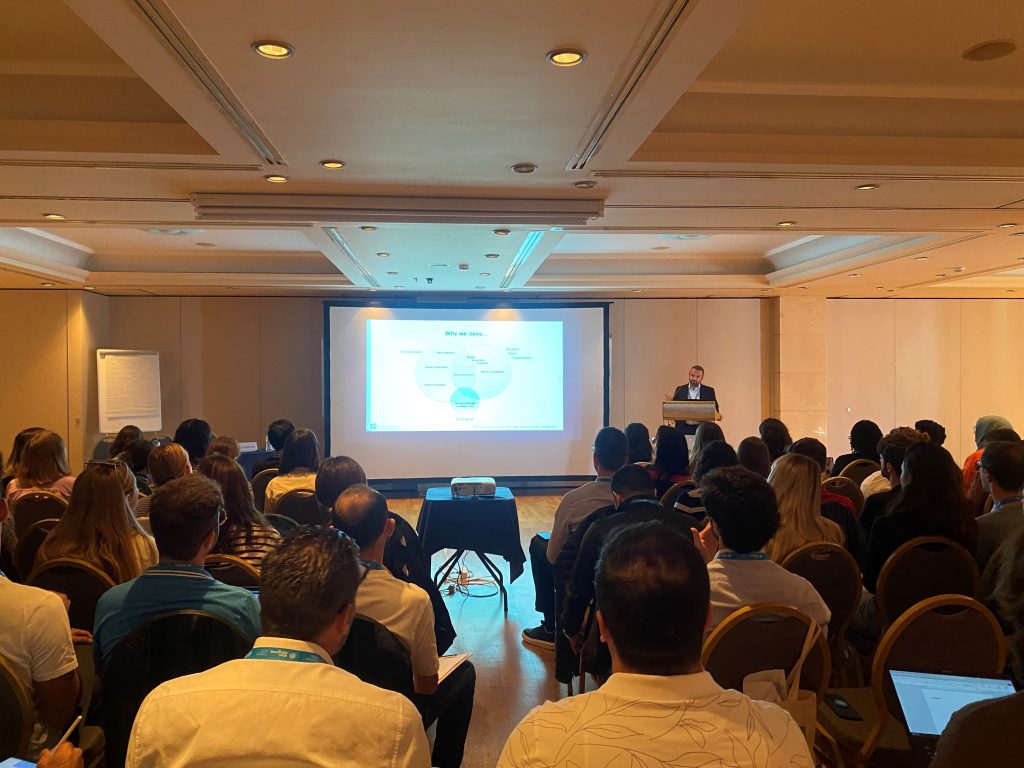
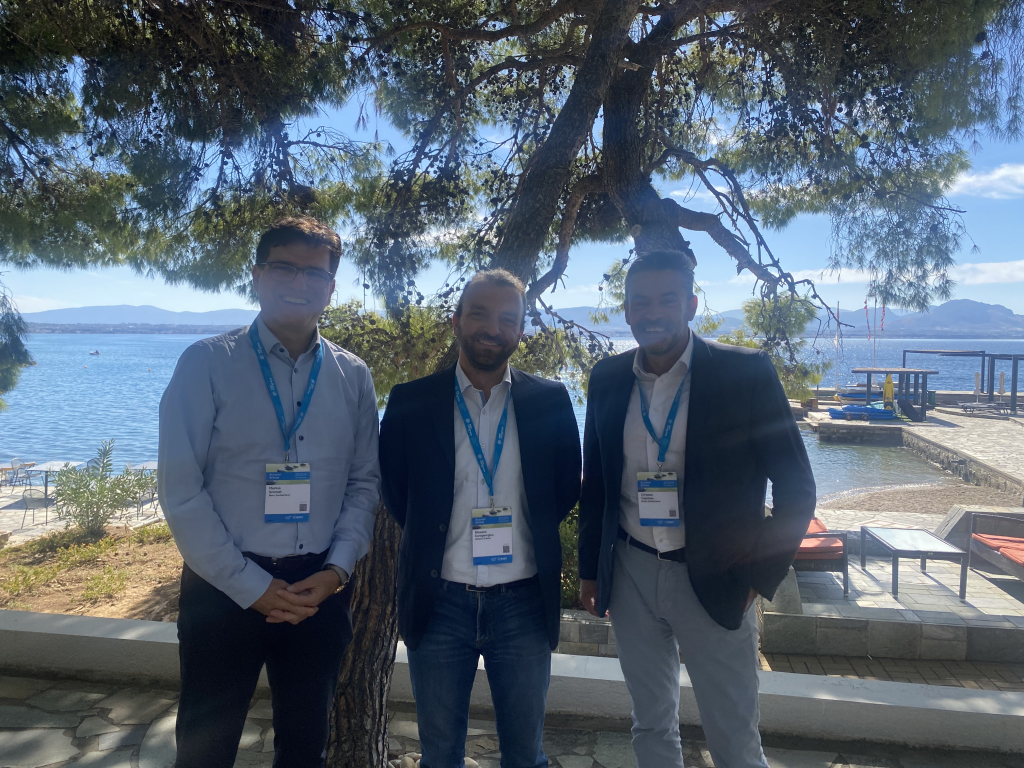
In the afternoon workshops the participants again had the chance to take part in interactive discussions on ‘Decision-making for Chronic Insomnia through interactive cases’, while also listening to a visiting patient. They learned about ‘Central Disorders of Hypersomnolence: Diagnosis and Management’ and delved into ‘Clinical cases on circadian misalignment’.
After a successful exam, the participants received their certificates of attendance and celebrated their success at a relaxed farewell party.
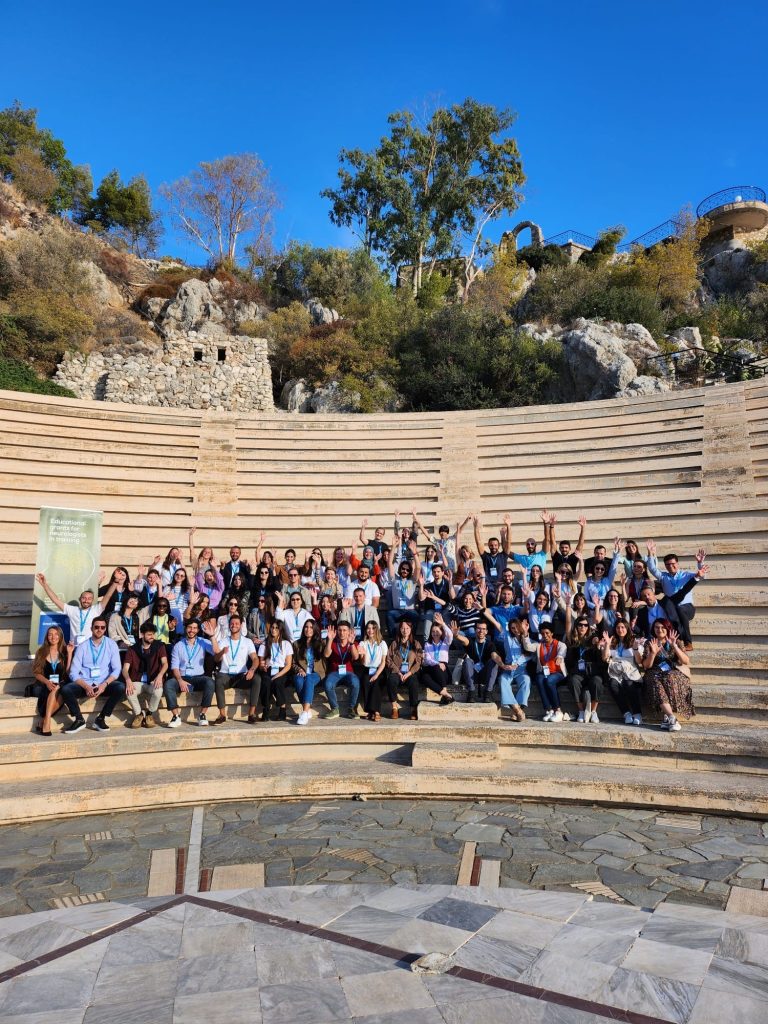
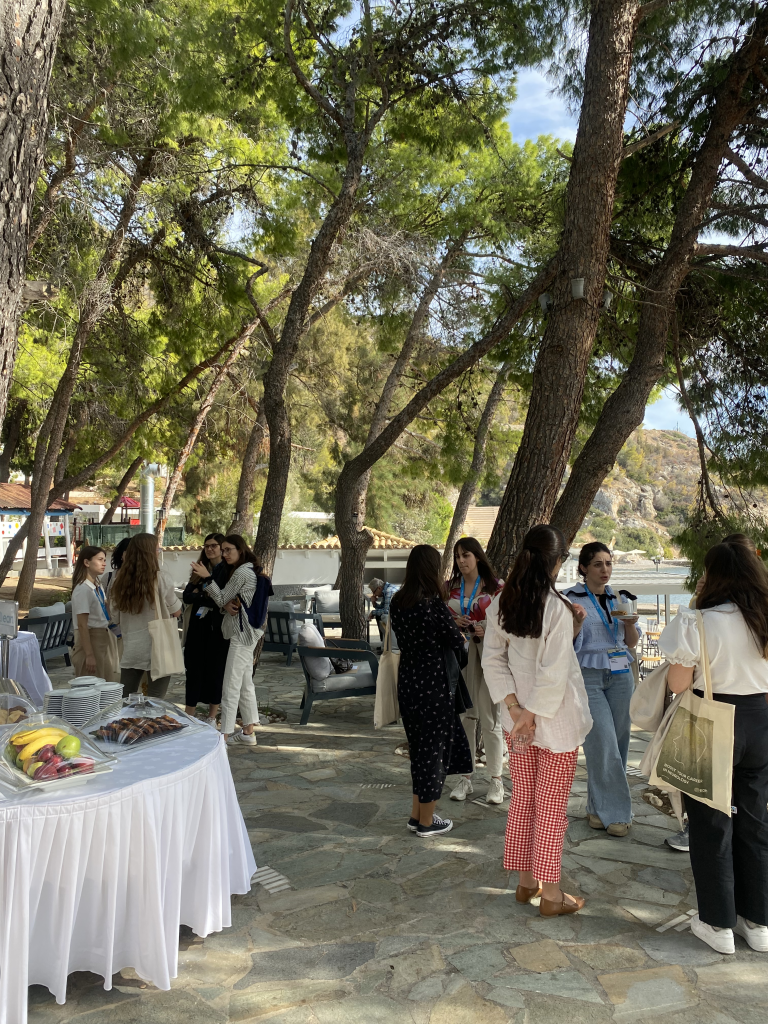
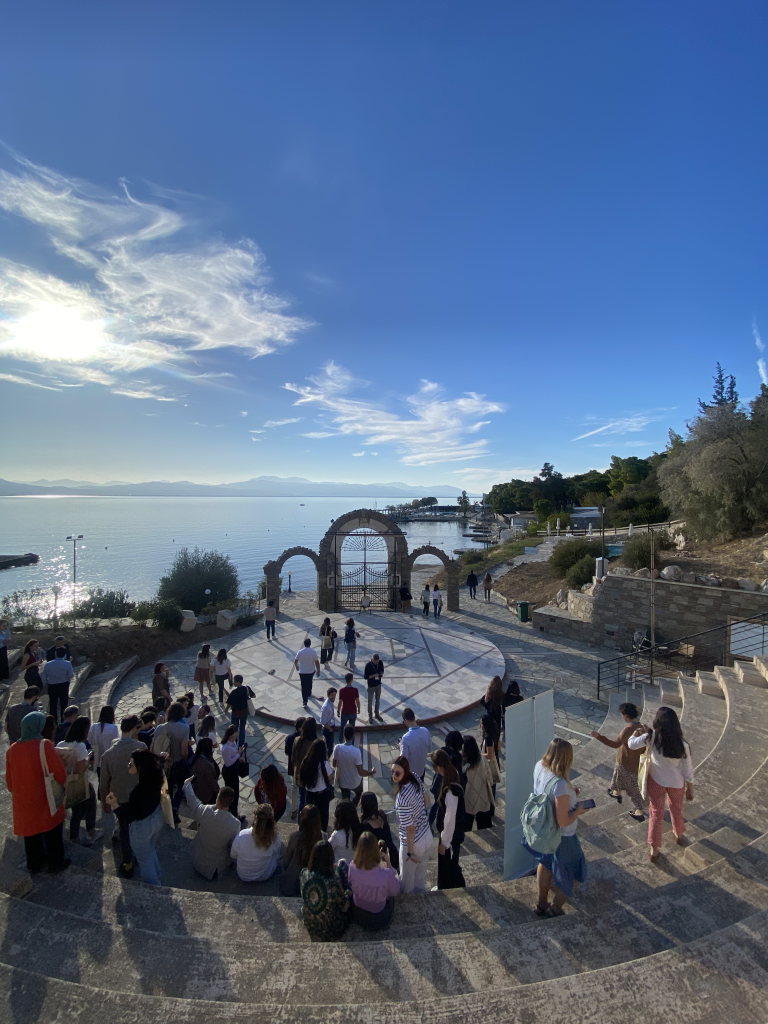
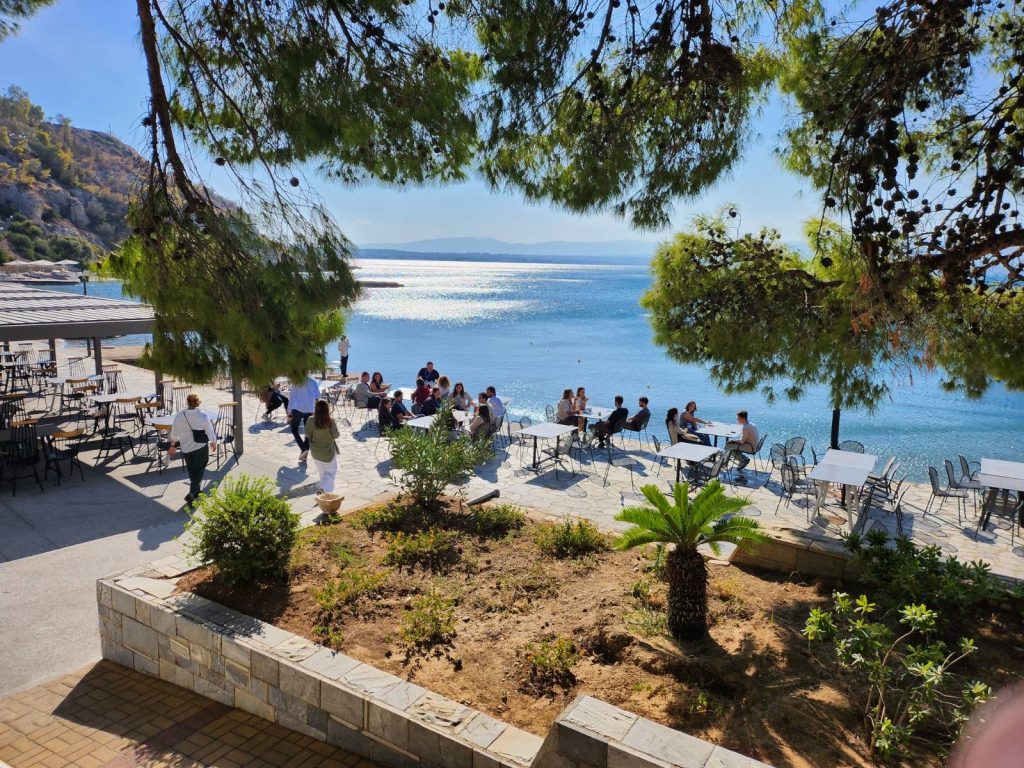
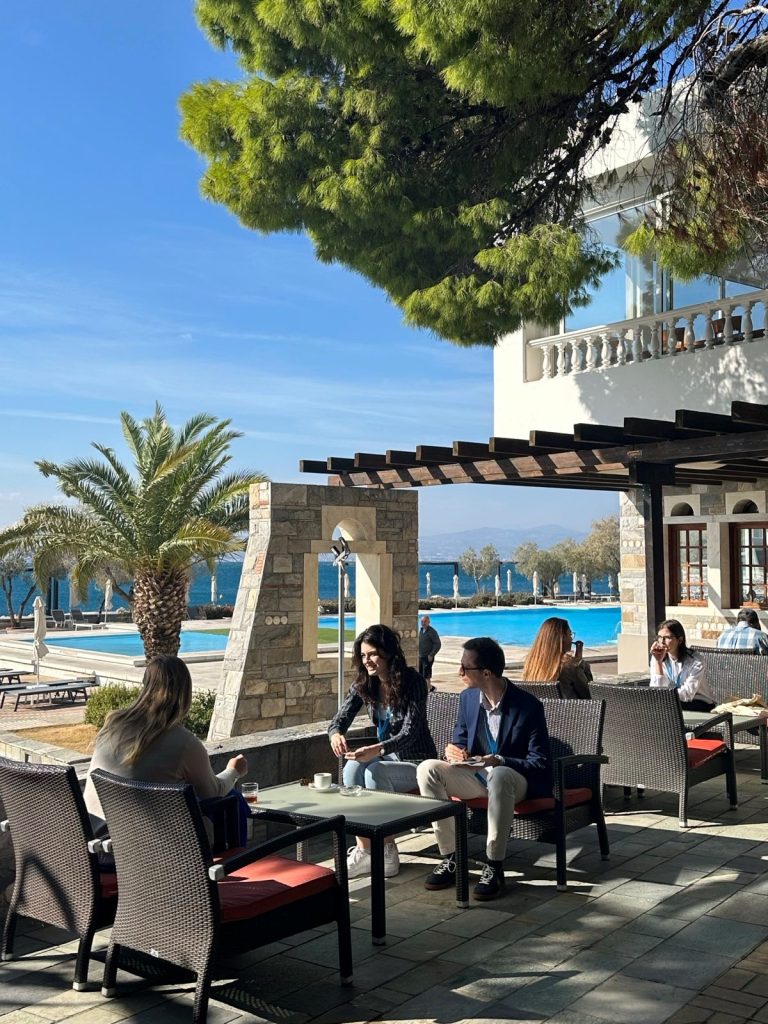
We cordially thank all our speakers for joining us and hope all participants took the opportunity to learn and network with colleagues and the faculty. We already look forward to seeing all of you again soon at any other EAN event in the future.
If you are also interested in participating in one of the EAN Schools, you now have the opportunity to apply for the next EAN Spring School in May 2025. Application opens on 1 December and the deadline for applications is 31 January 2025. More information can be found on our website.




